Trade, industry & competition minister Ebrahim Patel says the planned unilateral imposition by the EU of tariffs on carbon-intensive imported products is “profoundly unhelpful”.
He said SA will raise the issue at the next conference of the World Trade Organisation (WTO).
Patel says such a decision should be made multilaterally, and his department is developing a strategy and advocacy to respond to “green trade barriers” such as the EU’s carbon border adjustment mechanism (CBAM).
“SA is beginning to put together its response to that,” Patel said on Friday in briefing members of parliament’s trade & industry committee on his department’s annual performance plan for 2023/24.
Answering questions by ACDP MP Wayne Thring, Patel said the EU’s CBAM would hurt the global trading system and enable trading blocs and countries to impose conditions on trade that had been absent thus far in the agreements of the WTO.
“This is just not how the global trading system has worked,” said the minister. “We believe that it is a form of green protectionism that is coming from some in the European Union.”
The EU parliament last week adopted the CBAM regulation, which now has to be agreed to by member states.
The CBAM is a carbon tariff on carbon intensive products, such as cement and steel imported by the EU. The transitional, pilot phase of the system — which will only involve reporting on the carbon content of imported goods — begins on October 1 2023. The permanent system enters into force on January 1 2026 when importers will have to pay a charge on their carbon intensive imports. This will place these imports at a competitive disadvantage.
Carbon-intensive products initially covered by the tariff will include cement, iron and steel, aluminium, fertilisers, electricity and hydrogen. According to UN data, the EU imported iron and steel worth $1.55bn (about R25.4bn at the average 2022 exchange rate) from SA in 2022.
Steel and Engineering Industries Federation of Southern Africa (Seifsa) marketing sales and communication executive Nuraan Alli said the EU accounted for 21.8% of the sector’s total exports, the third largest export market after Africa (39.6%) and Asia (24.7%).
“Given the carbon intensity of the SA electricity grid (80%+ from coal) and the practical pace at which the rebalancing can take place versus the implementation date of the CBAM, this does create a demand risk for the sector,” Alli said.
The EU’s motivation in adopting the mechanism is to prevent the EU industry facing unfair competition because less stringent environmental and climate policies exist in non-EU countries. It says that the resulting “carbon leakage” will undermine EU and global climate efforts seriously.
Patel said that when he met with the EU commissioners in January, SA conveyed its concern to them that the EU should not act unilaterally on these issues. This message was repeated to the EU parliamentary delegation on its recent visit to SA.
“SA stands ready to have this discussion in the World Trade Organisation, to accept and acknowledge that climate change is real, that it imposes enormous risks to society and our futures and that we all have to contribute to make the world a greener place and to reduce carbon emissions.
“But let us agree on the modalities and the level of ambition and the responsibilities that each part of the global trading system has. Let us not leave that to one trading bloc to decide. Let that be the result of multilateral discussions.”

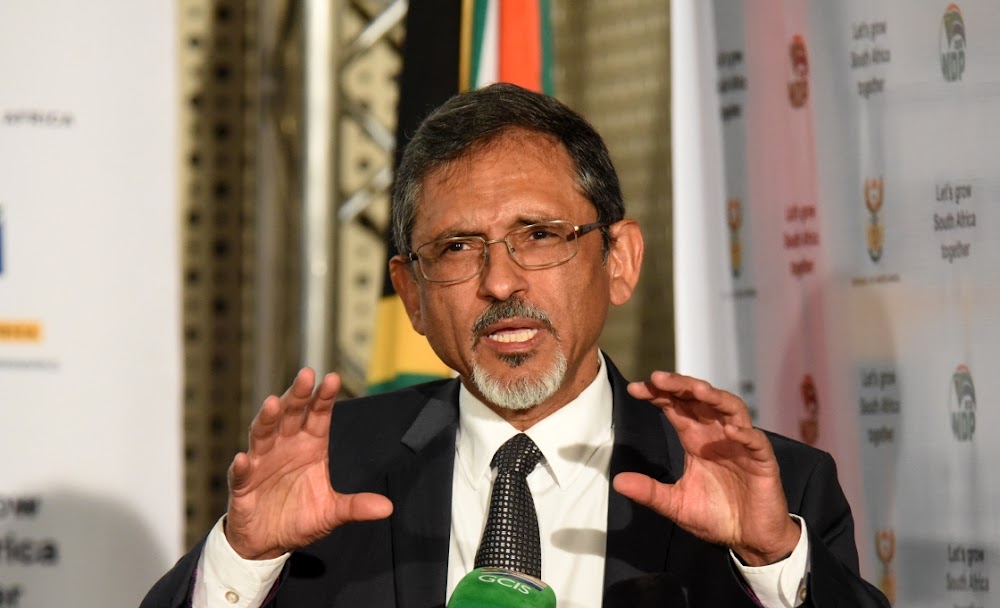

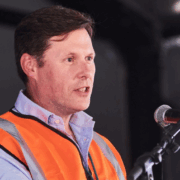
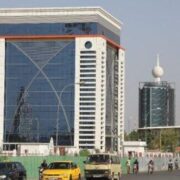
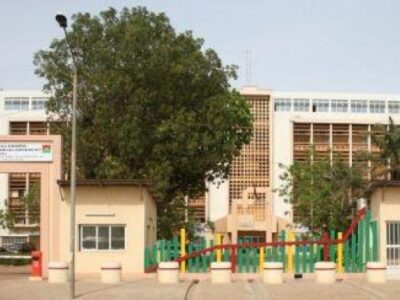
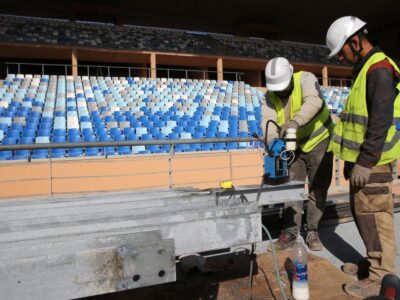



Comments